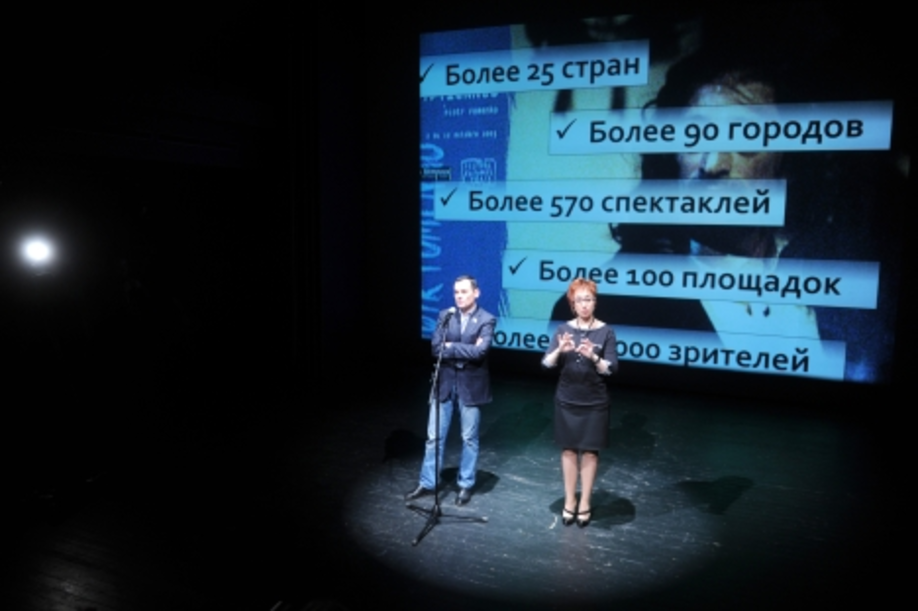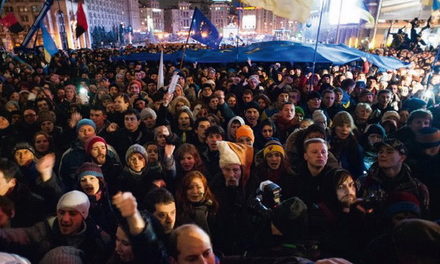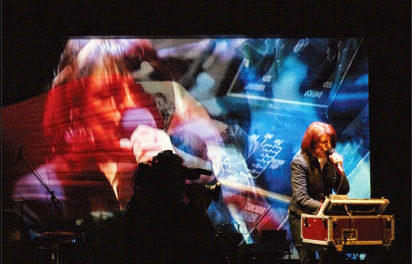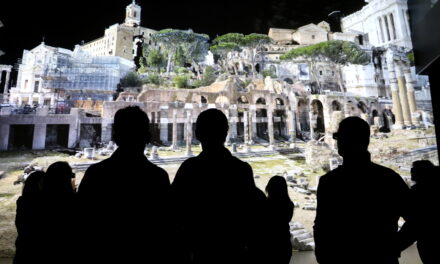It can often be a little awkward for foreigners when they go to the theatre in a country where they do not speak the language. Theatregoers around them might be moved to tears, or curled up in laughter, while the whole thing has gone over the heads of non-Russian-speaking viewers. It is hardly surprising that most foreigners in Russia limit their cultural activities to a night at the ballet and a visit to an art gallery.
The hearing-impaired find themselves in a similar situation – and this is a permanent problem that, for them, is not confined to theatre visits on trips abroad. The Pyotr Fomenko Theatre has devised a solution: Foreigners and guests with hearing impairments can read subtitles directly on their tablets during the show.
Hi-Tech Aid for Spectators
“We wondered how you avoid hanging a screen on stage that will hinder an audience’s perception of the show,” said Andrei Vorobyov, managing director of the team working on the tablet project at the Pyotr Fomenko Theatre, as quoted by The Moscow Times.
The tablets are distributed before the show begins. Subtitles are displayed in white text on a black background so that the neighboring theatergoers are not disturbed. Those in need of translated subtitles can mention it upon arrival at the theatre, although it is better to reserve one by phone in advance. There are only 20 tablets currently available; most likely, all 20 will be in full use at most shows.
There is no extra charge to use the device, but guests are asked to leave their passport or a similar identification document as a security deposit. Passports are secured in special safe deposit boxes, which are locked with two keys. Guests take one key with them, and the other is left with the administrator. After the show, theatergoers return the tablet devices and receive their documents.
The first FOMA software allowing the display of subtitles during performances appeared as early as 2004. Since then, the system has gone through four versions.
Shows and Languages
Currently, the theatre offers four shows with subtitles: Chekhov’s Three Sisters (in English, French and German), War and Peace – The Opening of the Novel (based on Tolstoy, in English and French), Tolstoy’s Family Happiness (in English and French) and Ostrovsky’s Wolves and Sheep” (in French).
The theatre plans on expanding the number of shows and the range of languages offered. According to the Moscow News, the theatre plans to provide subtitles for all of its 26 productions within two years and to expand to Spanish, Italian and Chinese subtitles.
Future Plans
Work is in progress to install special holders to which devices can be attached at a comfortable height to the seat in front of guests. This will relieve viewers of the need to hold onto the device during the show.
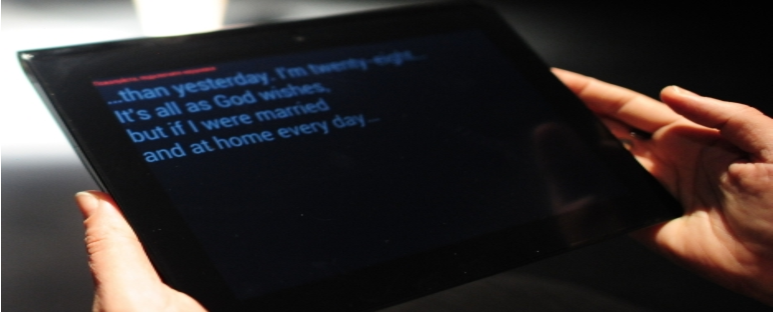
Foreign guests of the Pyotr Fomenko Theater will be able to read subtitles on their tablets during the show. Source: ITAR-TASS
In the near future, the theatre is planning to offer audio translations. This will dispense with the need for tablets; viewers will simply collect special headphones from the administrator and connect them to an earphone jack.
This year, the theatre center is also embarking on a major upgrade of the subtitles program. This will enable users to watch the subtitles using their own tablet devices or smartphones. All they will have to do is download a special app, which will be possible via free Wi-Fi access already available at the theatre.
The article is based on materials from Moskovskiye Novosti, Moscow Times and Moscow News.
This post first appeared on Russia Beyond on April 30, 2013, and has been reposted with permission.
This post was written by the author in their personal capacity.The opinions expressed in this article are the author’s own and do not reflect the view of The Theatre Times, their staff or collaborators.
This post was written by Dmitry Gvozdetsky and Moskoskiye Novosti.
The views expressed here belong to the author and do not necessarily reflect our views and opinions.

